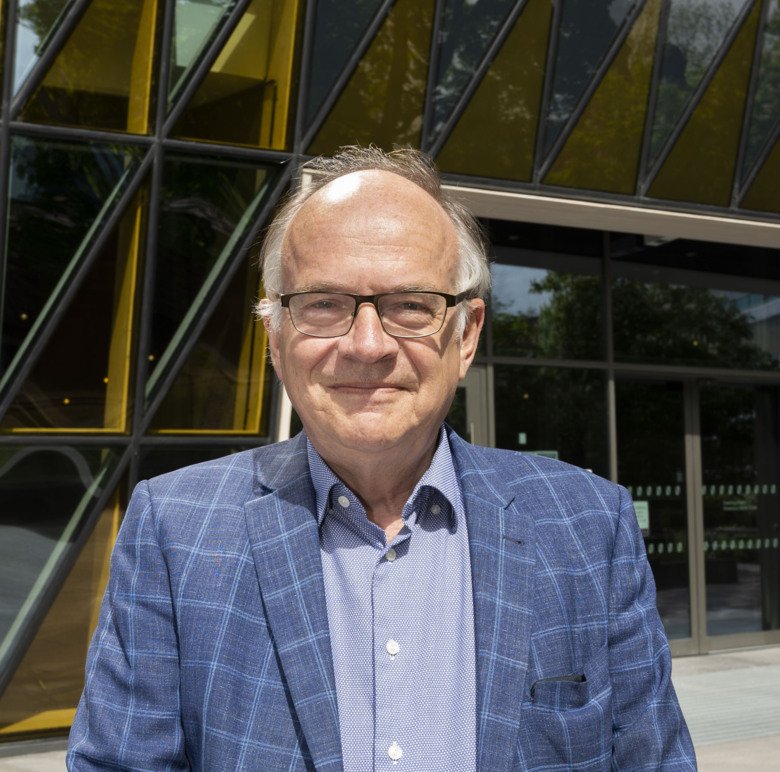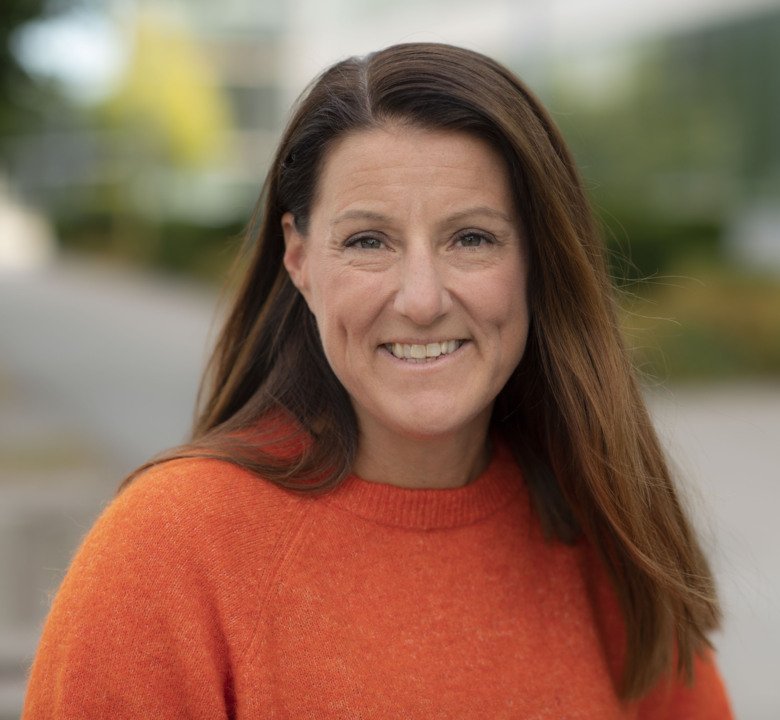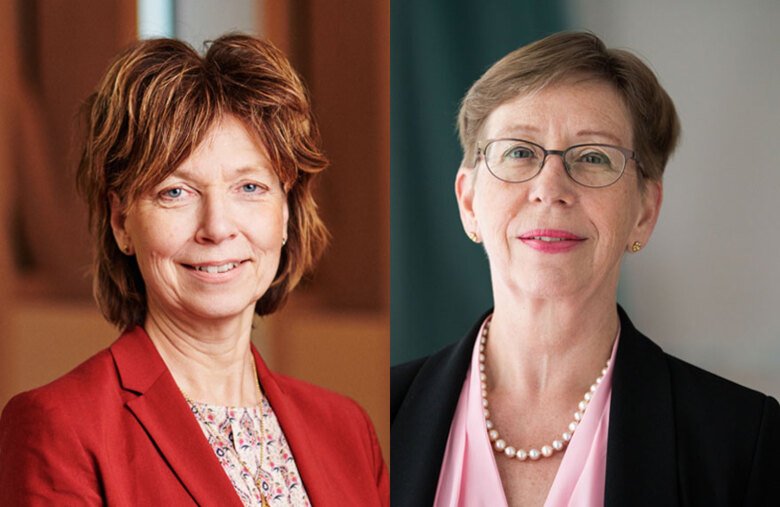Consultative College to interview candidates for KI president on September 14
The University Board (Konsistoriet) held an extraordinary meeting Tuesday on the recruitment of Karolinska Institutet’s new president. The shortlisted candidates – Professor Annika Östman Wernerson (KI) and Professor Eva Tiensuu Janson (Uppsala University) – will now be interviewed by the Consultative College.
The process of finding a successor to President Ole Petter Ottersen, whose term of office expires on February 28, 2023, after five and a half years, commenced last spring. Since then, a search committee, an election committee and a recruitment firm have endeavoured to find the candidates for the next president.
According to a preliminary schedule, the final candidates were to have been presented to the Consultative College – a body that represents KI’s staff and students – on September 1. However, that meeting was postponed for a few days to allow all the University Board’s members a chance to be informed about how the recruitment process had been conducted, step-by-step.

“I realised that I needed to provide information and discuss the matters with all the members of the University Board before we handed it over to the Consultative College,” says Göran Stiernstedt, chair of the university board and the election committee. “The election committee comprises six of the board’s fifteen members, which means all members did not receive the same amount of information about the process. All members need to feel that they have a firm grasp of the selection process.”
The University Board has ultimate responsibility for the process by which a presidential candidate is presented to the government. Before this can be done, the short-list candidates will have to be interviewed by the Consultative College, which then votes on their preferred candidate. The election committee then recommends one of the candidates to the board.
Extensive process
The task to find a new president began back in the autumn of 2021, when the University Board adopted new procedural directions on the recruitment process and appointed a special search committee. Early in the process, the search committee worked together with a recruitment firm to identify candidates on the basis of a requirements profile prepared by the University Board in consultation with KI’s heads of department and deans.

“We took a systematic, structured approach to this, and worked from the University Board’s multifaceted requirements profile,” says Erika Franzén, chair of the search committee. “A modern university president must meet many requirements and be able to operate in a more complex reality than before. Two things we’ve really emphasized are leadership skills and breadth of experience, such as the experience of collaborating with the healthcare sector and the entire LifeScience field, and the ability to protect academic freedom in relation to the role as the head of a public authority. Research qualifications are also important, but it takes more than just being a top-rate researcher.”
Many potential candidates
All in all, around 100 potential candidates were identified. Three dozen or so were nominated internally by KI employees, others by the search committee’s or the recruitment firm’s various networks; one was received in response to the advertisement for the post. Just over 60 were then contacted, of whom around a third expressed an interest in continuing and submitted their CVs. All CVs were reviewed individually and discussed in groups by the search committee. The candidate pool was diverse, with an equal gender distribution and representatives from inside and outside the university as well as from different professional categories.
Thirteen candidates were subsequently invited to an interview, and eleven accepted. All of them were asked the same battery of questions in structured Zoom interviews. Six of them were later presented to the election committee, who conducted more probing interviews with the four top candidates. The recruitment firm then also conducted in-depth interviews, took references and reported back to the election committee. From this, a decision was made to present two final candidates to the Consultative College.

They are Annika Östman Wernerson, professor of renal and transplantation science and Academic Vice President for Higher Education at Karolinska Institutet and consultant in clinical pathology; and Eva Tiensuu Janson, professor of medicine and former head of department and dean at Uppsala University. They will now be presented to the Consultative College on September 14. Members of the Consultative College can vote online up until 12.00 noon on September 20. Once all votes have been cast, the Election Committee will convene to decide which candidate to pass on to the University Board.
